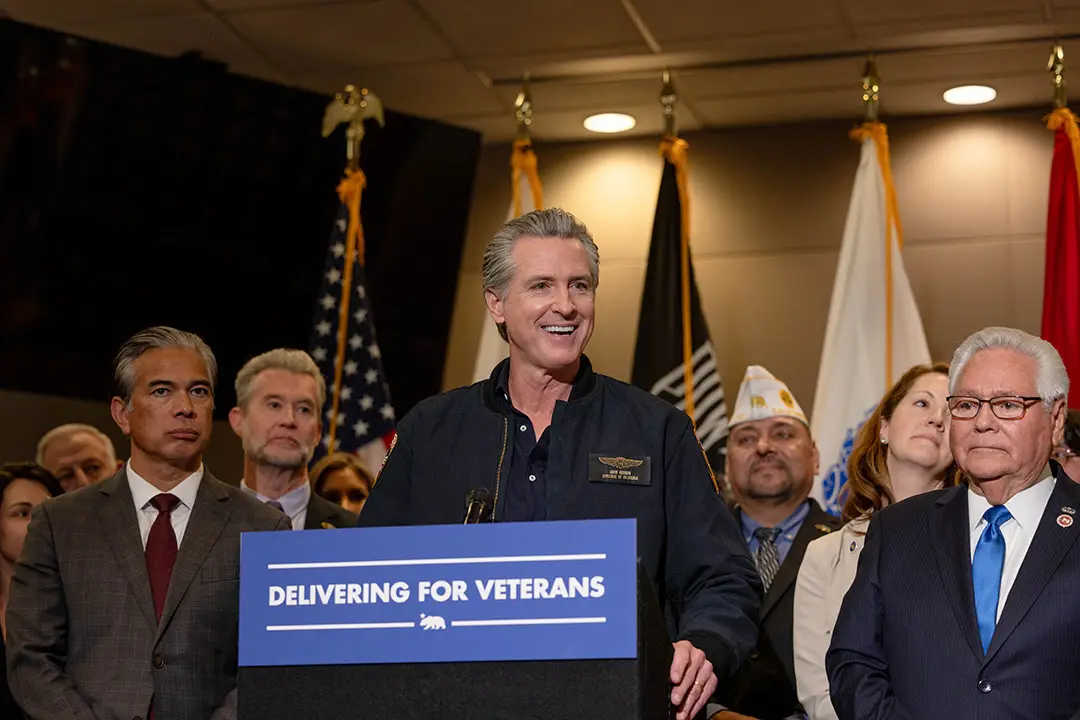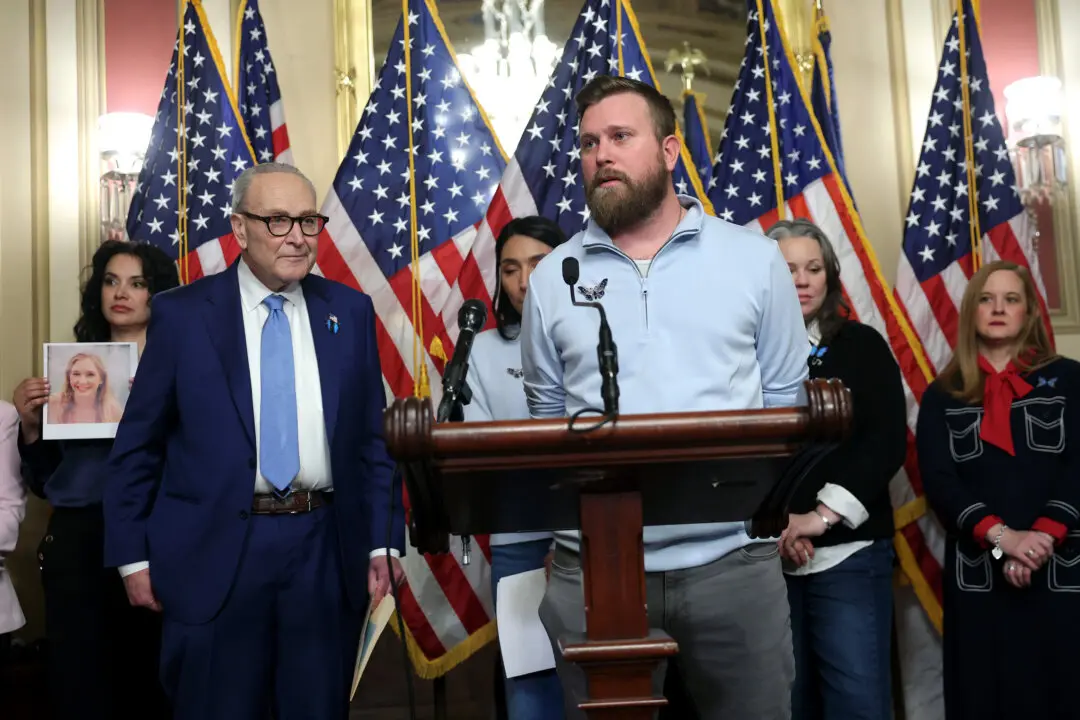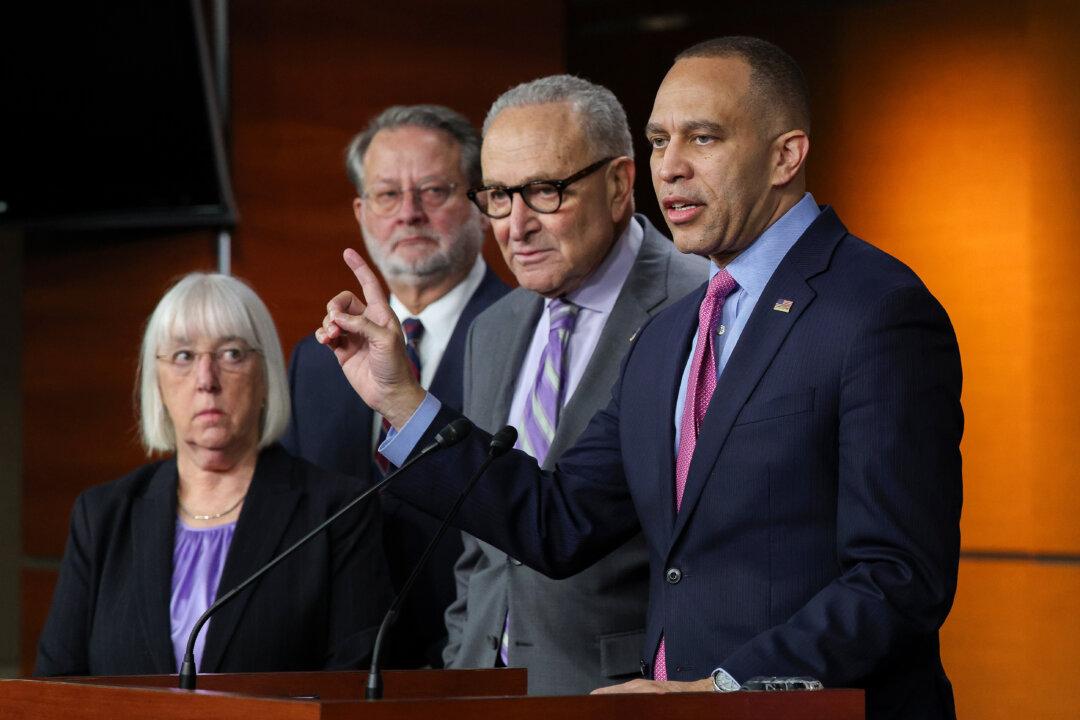A Climate Action Plan being debated in Chattanooga, Tennessee, was the subject of a public hearing in front of the city’s council on Tuesday, March 21, drawing a wide range of support and adamant opposition.
Tuesday’s meeting was of such interest that Chattanooga City Council Chairman Darrin Ledford said the building was over capacity per the fire marshal and those who couldn’t get a seat would need to leave the meeting room and wait in the lobby. The planned 30-minute speaking slot was also extended by an hour to allow more voices to be heard.





